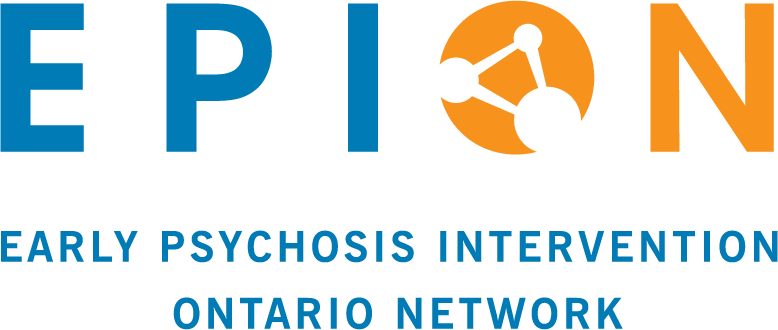- Home
- >
- About Psychosis
- >
- Road to Recovery

It can be difficult to pinpoint when someone has “recovered,” partly because each person who has experienced psychosis will define recovery in their own way. Recovery is usually defined by reduced symptoms and improved quality of life (in ways that are meaningful to the person). Recovery is a process that is assessed by the individual in collaboration with their health care providers, and their family members or loved ones.
To hear real life stories of young people and families who have experienced psychosis, listen to the podcast, Parallel Realities – Real Stories About Psychosis, or view a list of other resources that provide firsthand accounts.

Because everyone experiences psychosis differently, recovery time depends on the individual.
-
Some people recover quickly from an episode of psychosis, returning to their day-to-day activities without much ongoing support or treatment.
-
Some people require more time to recover and may return to their day-to-day activities gradually, needing ongoing support for a longer period of time.
Typically, recovery from a first episode of psychotic symptoms will take a number of months or longer. Recovery also involves treating related challenges such as depression, anxiety, decreased self-esteem, and difficulty in social situations, which can take time.
It is common for young people experiencing psychosis for the first time to be reluctant to get help. It can take some time for someone to come around to accepting help.
They might:
-
Fear the stigma of having a mental illness
-
Be concerned about certain types of treatment
-
Believe their symptoms will go away without help
Recovery can be very difficult without treatment. Having the help of mental health professionals can greatly improve your recovery experience. Treatment helps people living with psychosis to manage their episodes and maintain their everyday lives.
